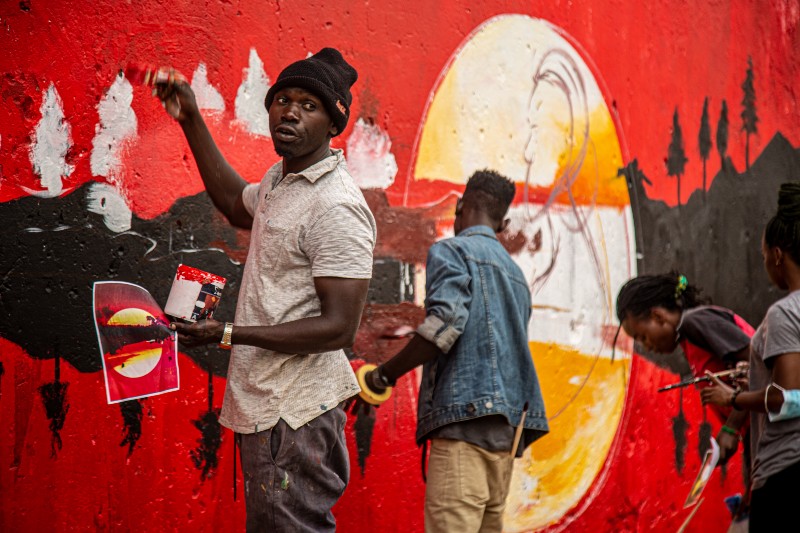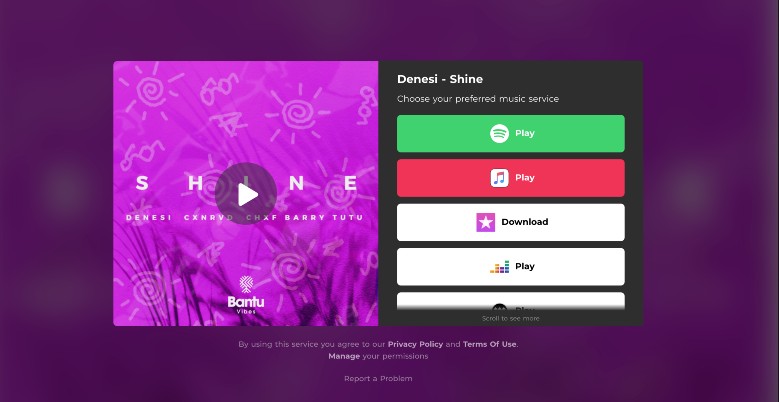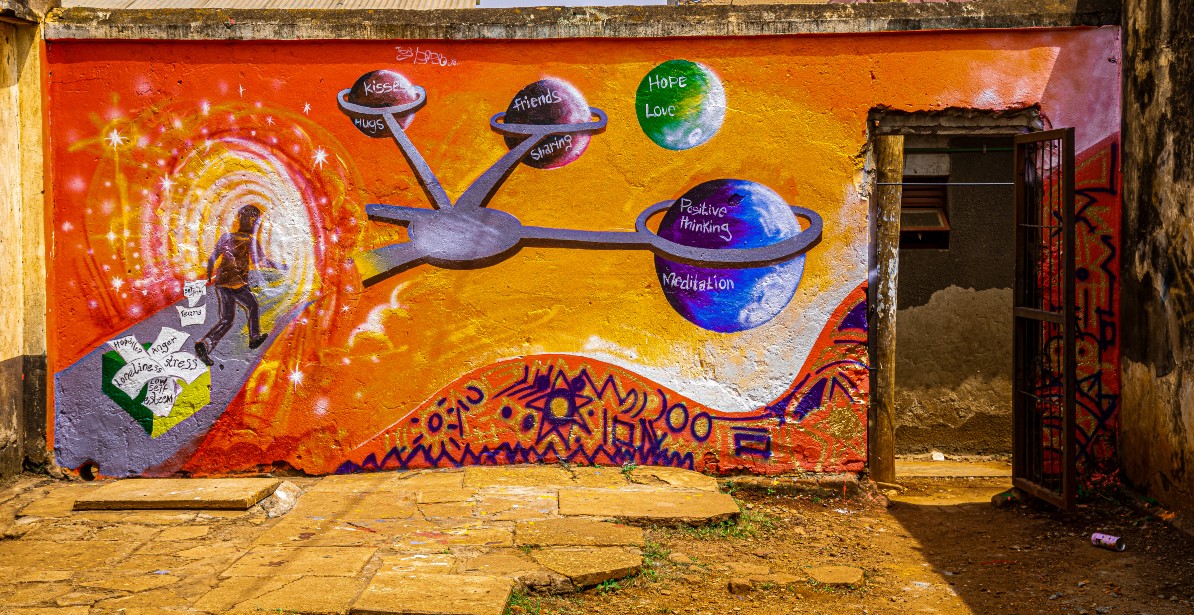This is a series of stories from the Resource of Open Minds (R.O.O.M) Program, New Ways of Working focus area. Through this new area we have on boarded 8 grantees in our continued support to defend the waning civic space in East Africa.
By guest blogger- Phillip Ayazika
For many years artistry has proven to be a great tool for social advocacy. Artists have cultivated their passion to leverage on creating works that intersect with political activism, social issues and smashing negative and harmful stereotypes in society.
Art is not only a form of action, it is a form of social action. For art is a type of communication, and when it enters the environment it produces its effects just as any other form of action does.- Rothko, The Artist’s Reality:Philosophies of Art (Yale, UP, 2004)
At the intersection of art and data is data artistry,a new form of art that combines data and design for storytelling. Creatives have used this kind of artistry to express themselves, tell impactful stories and talk about complex issues in society through songs, film, murals among other arts.

Using data artistry to cope with challenges brought by the pandemic
Since the Covid-19 pandemic began, governments have put in place stringent measures to curb the spread of the coronavirus. In Uganda- which is currently in a lockdown- some of these include the temporary ban on indoor and outdoor social gatherings such as concerts, cinemas, galleries. Sectors like the creative economy immensely dependent on in-person engagements for revenue generation, have been hit badly. Further,the Covid-19 restrictions have also exacerbated mental health issues among creatives that were characterised by anxiety, depression, stress and suicidal thoughts.
As a team of data enthusiasts, techies and creatives, Pollicy has been keen on ensuring that the creative community in Uganda gets the necessary support to handle the challenges that have come with the pandemic.
Pollicy has for the past year been working with creatives in districts of Kampala and Jinja using data and art to umask the mental health issues they face as escalated by the pandemic as well as supporting them to put in place social structures that can be used to tackle mental health issues.
Data, art and therapy
Supported by Hivos East Africa, Pollicy has been engaging creatives on mental health, helping them understand the need to take care of their mental health, how they can access support as well as help each other to overcome challenges of mental health.
We commissioned research in 2020 to assess the impact of the lockdown on the mental health of creatives and artists in Uganda. Some of the findings revealed loss of sleep, anxiety, anguish, stress, depression, suicidal thoughts and hopelessness. Creatives also reported facing a mental block affecting their productivity with a majority having lost their livelihoods.
In coping with these challenges, creatives formed talk therapy sessions with their fellow peers; critical in pushing themselves to be productive even when there wasn’t any inspiration. This was useful in tackling difficult situations where some had unfortunately turned to substance abuse as a coping mechanism.
Realizing the power of using artistry to heal; many artists utilised this opportunity to create awareness on mental health through music, dance and poetry. Using recommendations from the research, Pollicy and creatives teamed up to create educational murals in various creative spaces in Kampala and Jinja and come up with a song. Murals depicted hopeful messages as well as suggestive techniques for dealing with mental health issues.

Creatives also created mental health circles held on a monthly basis. These were safe spaces dedicated to sharing, counselling and supporting each other.
It is our hope that by the end of the project in September 2021, creatives will have a good understanding of their mental health, be in a position to recognize fellow peers battling mental health challenges, and have basic knowledge on supporting each other through safe spaces.
Generally, this project emphasises that the well-being of creatives emotionally and mentally, matters.
Read the full report from Pollicy: Data & Art Therapy for Mental Health Challenges
About author
Phillip Ayazika is a program manager at Pollicy- a technology consulting and development firm aimed at improving government service delivery through improved civic engagement and participation. He currently leads a project on the mental well-being of creatives in Uganda; the project is funded by Hivos East Africa’s R.O.O.M Program.
You can follow Pollicy’s campaign on Twitter using the hashtags: #MentalHealthAwareness and #CreativesWellBeing.




